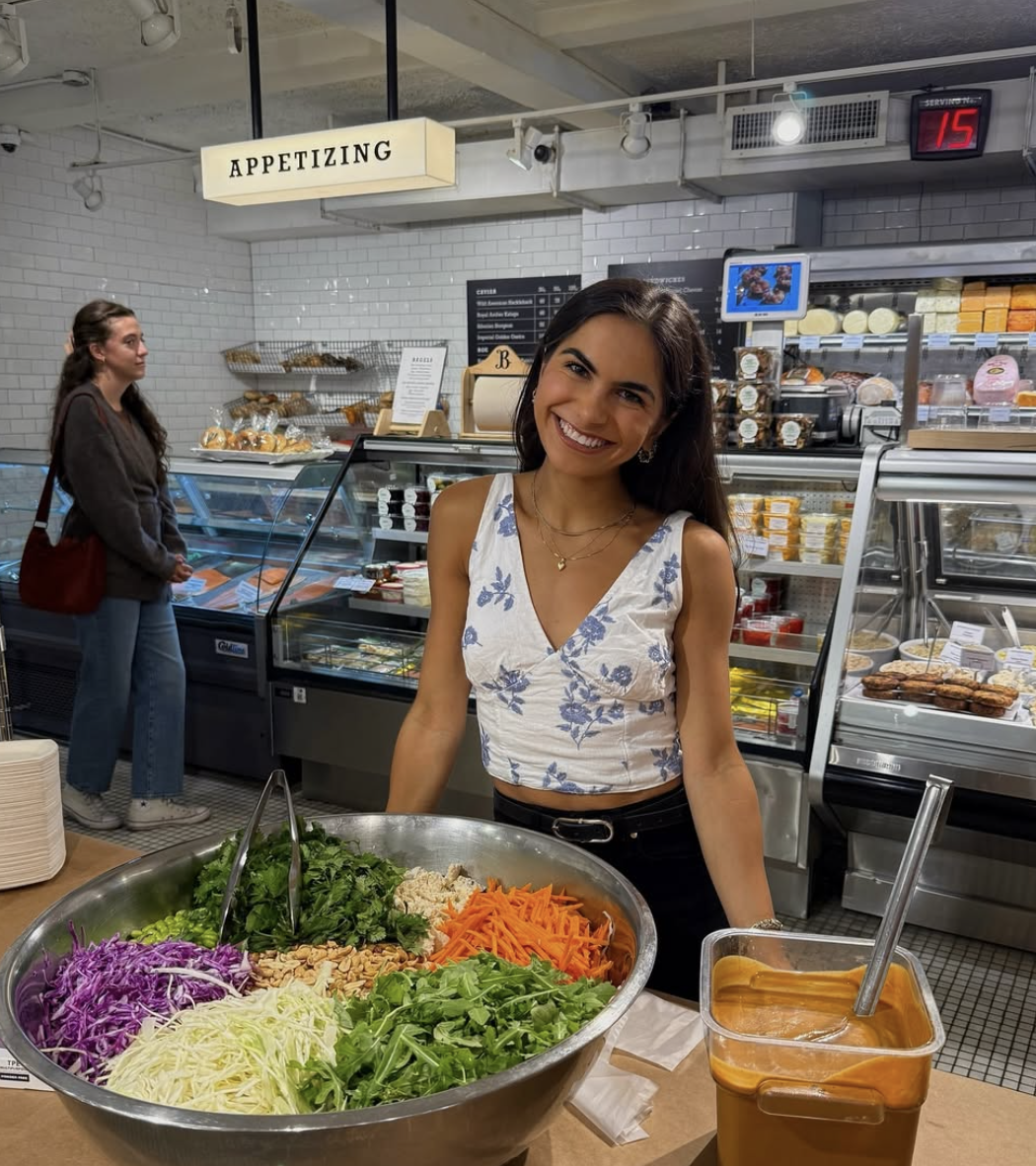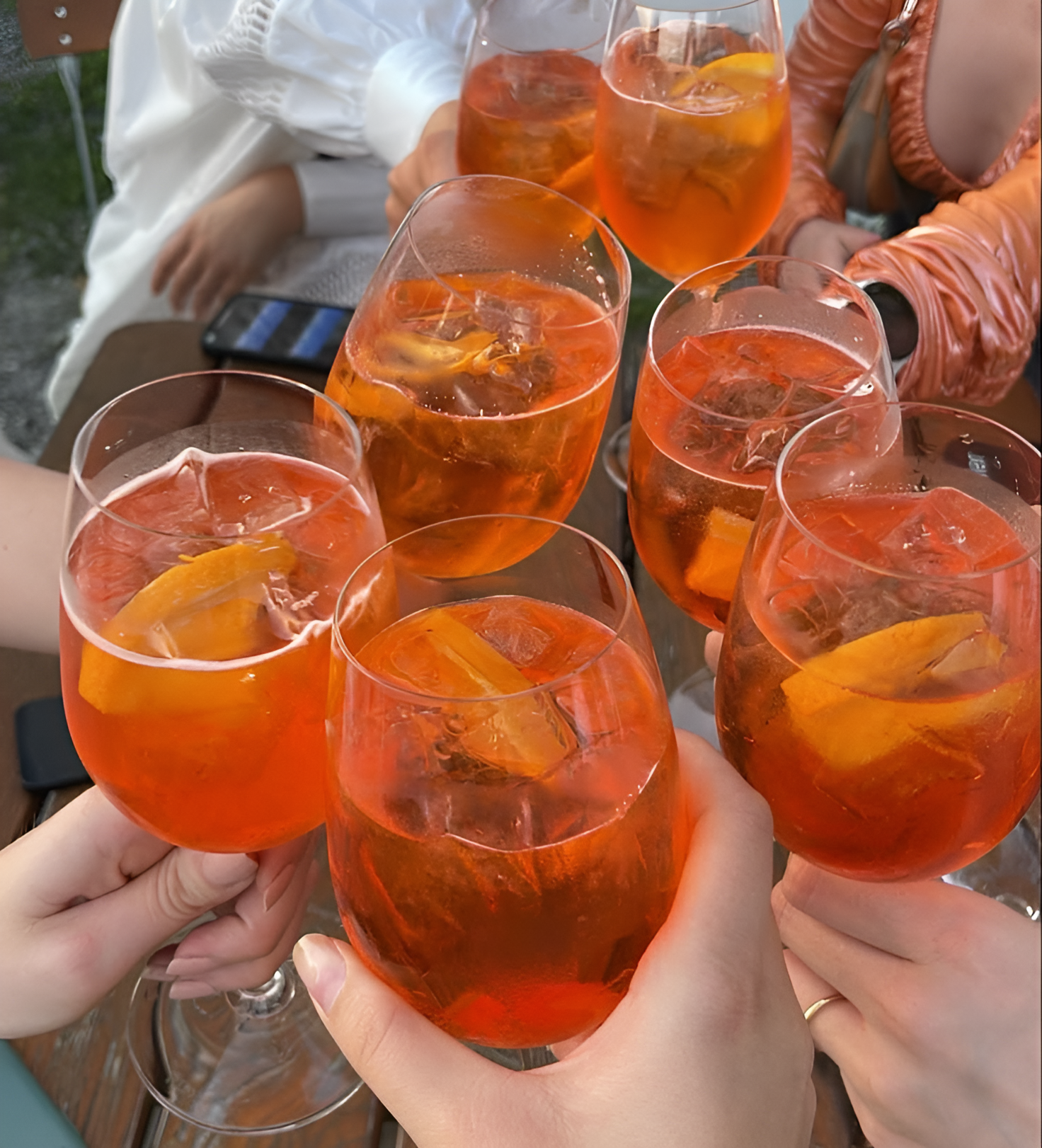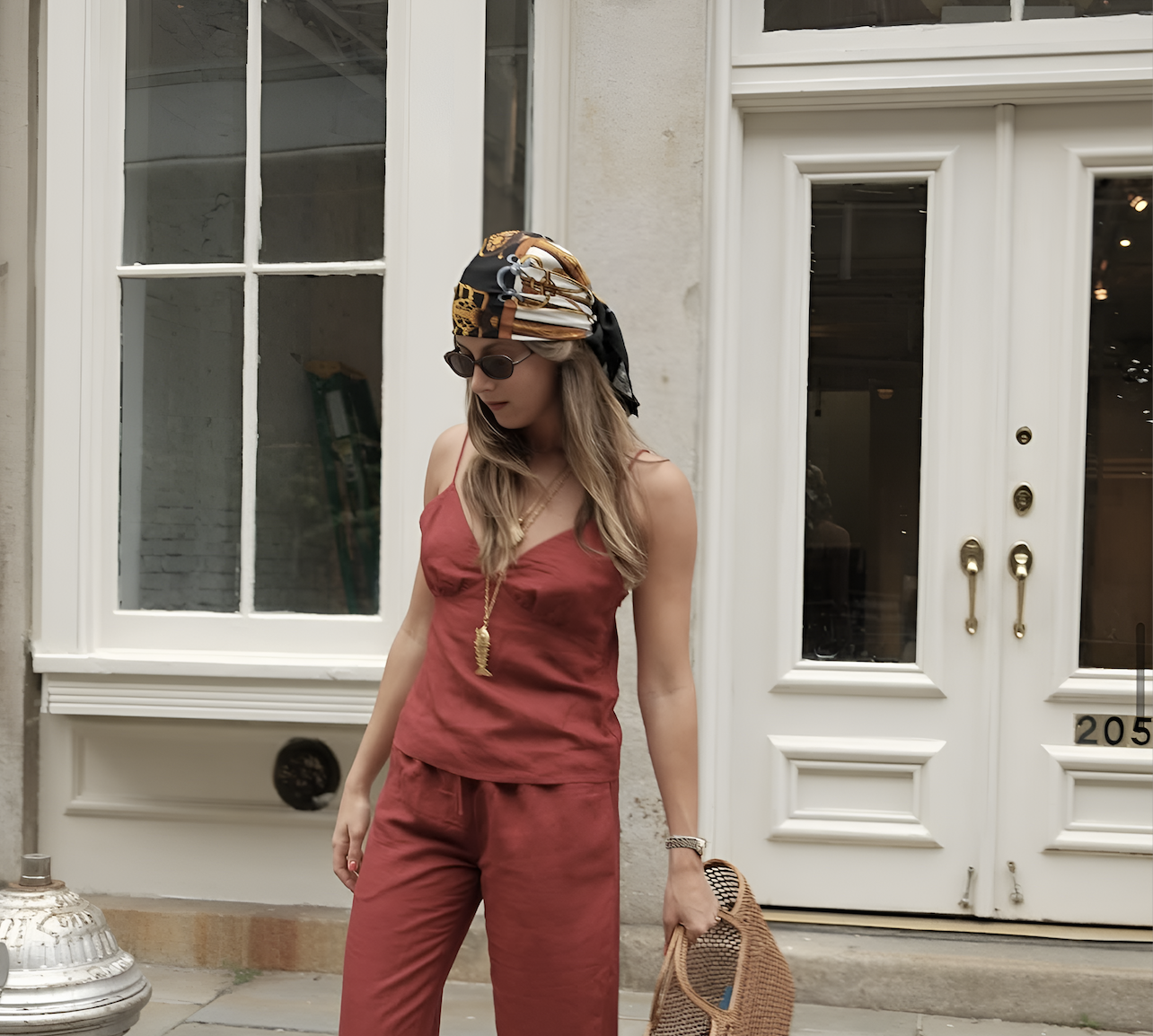
To me, being fluent means being unafraid to look forward — and to look inward. It means we don’t gloss over the hard stuff in the name of aesthetics or “wellness.” We get really fucking real about it. And that includes eating disorders.
When we started building this survival guide for young adults, we knew we couldn’t leave out eating disorders. To do so wouldn’t just be an oversight — it would be a disservice. These struggles affect an estimated 10–15% of the very people we’re trying to reach, and the real number is probably much higher, hidden by silence and stigma.
The truth is, even if it's not the clinical definition of an eating disorder, many of us have wrestled with food, control, our bodies and the stories we tell ourselves about all of it. I know I have.
In keeping with that transparency, I reached out to someone whose journey has resonated with me for a long time — Angie Caruso, a health and wellness content creator and the inspiring voice behind @healthfulradiance.
What began for Angie as a private food diary — an outlet during eating disorder recovery — slowly became something more: a safe space, a digital community and a place where healing could be shared out loud.
Her platform grew alongside her recovery, and today it stands as a beacon of hope, balance and compassion for thousands facing similar struggles. Angie shares from lived experience and there’s an undeniable truth in her voice — one that only comes from having walked the path herself.
Today, she was vulnerable enough to share the tools, practices and mindset shifts that helped her heal. The things that might meet you where you are, too.
Disclaimer: None of this is a fix-all. Eating disorders are deeply personal, layered and often lifelong conversations. But if you’re feeling alone in it — or if you’re just starting to name what you’re going through — I hope Angie’s story brings even a small sense of relief.
Sometimes the first step toward healing is knowing someone else truly gets it.
Recovery felt impossible — until I let go of perfection
When I first began healing, I was so intimidated by the idea of being “recovered.” I understood it as a finite term — a completed process. That mindset kept me stuck in a cycle of recovery and relapse. When I finally accepted that healing can be small and that every day is just a choice to try again, it all felt so much more manageable. Recovery isn’t a destination — it’s the journey of a lifetime.
My body will always be different — and that’s not a bad thing
Even if I ate and moved exactly like the person next to me, my body would still be different. We are so unique in our individual needs. What’s healthy for someone else might not be right for me, and vice versa. Once I truly understood that, comparison began to lose its power, and I started to feel free in my own skin.
Vulnerability built everything
My entire platform started as an anonymous food diary. I used it to hold myself accountable during weight restoration — sharing honest, raw stories in my captions. Instead of judgment, I found support from people who really understood. That kindness gave me the strength to keep healing — and the courage to keep speaking about things most people don’t.
We can’t heal in isolation
I used to feel completely alone. No one in my real life could understand how terrifying it was for me to eat, how every meal came with a wave of anxiety. It wasn’t until I found a community of people who simply got it that things started to shift. We leaned on each other when things got hard, and that support and community changed everything.
If you can’t do it for yourself yet, do it for someone you love
When you're hurting, the people who love you feel it, too. If healing feels impossible right now, start by doing it for them. Over time, you’ll begin to heal with them — and eventually, for yourself.
Health isn’t how you look — it’s how you feel
Diet culture has convinced us that health has a “look.” But real health is about feeling strong, safe and at home in your body. Your healthiest self is the version of you that can live your life fully, not the one that fits a mold. Health is not seen — it’s felt.
Your body knows what it’s doing—let it
I used to be terrified that if I let myself eat what I truly wanted, I’d never stop. But what I’ve learned is this: our bodies are smart. They crave balance. When you stop fighting it and start listening, you find a rhythm. Trust takes time, but it comes.
If it wasn’t hard, it wouldn’t be healing
Healing your relationship with food and your body is uncomfortable, sometimes deeply so. You’ll have to break rules you thought kept you safe, challenge beliefs that feel cemented. But that discomfort? That’s growth. We don’t transform in comfort. We stay stuck there.
-Picsart-AiImageEnhancer%20(2)-3.jpeg)
-Picsart-AiImageEnhancer%20(2)-1.jpeg)


.png)
COMMENTS